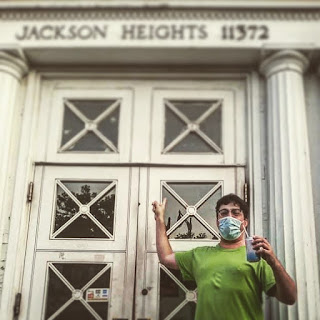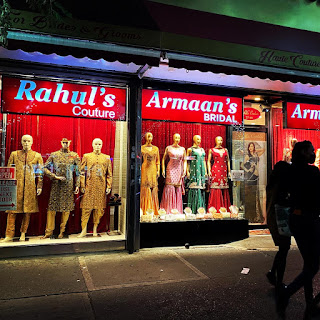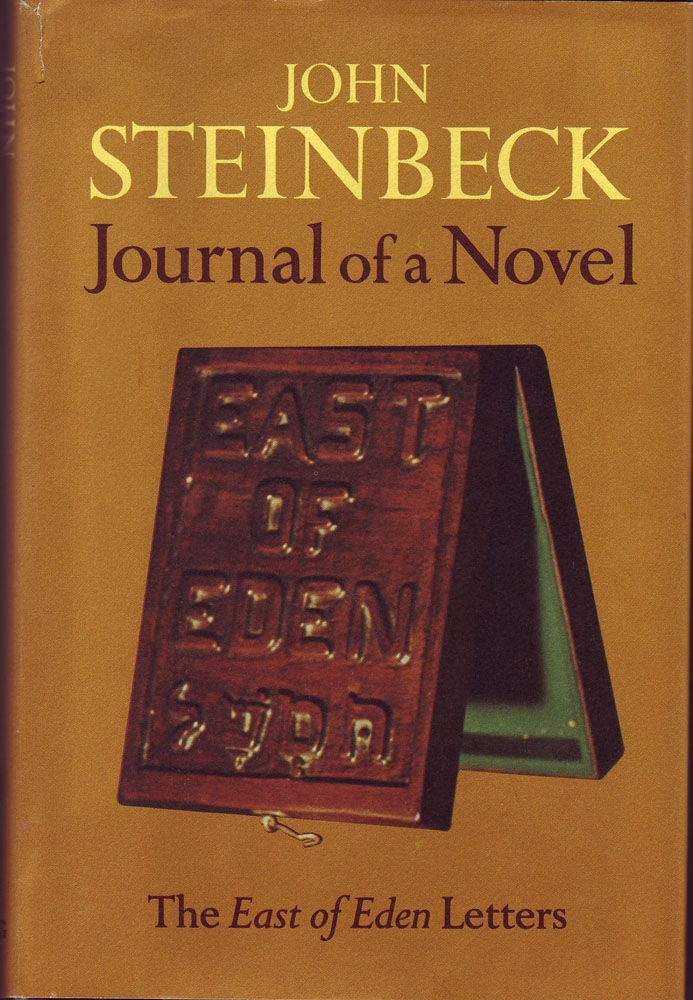Spilling out of the Roosevelt Avenue/74th Street Station, it feels like I am in Queen's version of Times Square.
 |
View of the 74th Street Elevated IRT station on Roosevelt Avenue
|
I Like to Walk Through Diversity Plaza
The elevated IRT line that carries the purple-signed seven train runs above on Roosevelt Avenue. In contrast, a gaggle of lettered trains, M, R, F, and E run under Broadway. The station is not difficult to manage, but the architecture is a series of green-tinted grids and overhangs, steep ramps, and an ugly bus terminal named after Victor Moore. You can Google him if you want. He was a film actor from the silent era and early talkies. Apparently, there was a business arcade where the gangly bus terminal sits. And the arcade was named after Moore, and the name just stuck.
I like to walk through Diversity Plaza. The area used to have bus traffic, but the city turned it into a pedestrian mall. Local shop owners did not like it because they felt only foot traffic would not bring in a lot of business. Jackson Heights is a neighborhood of family-run businesses — a ton of Pakistani, Nepali, Bengali, Indian and other South Asian food shops and clothiers. You can buy a wedding dress on 75th street, order a momo, or eat at Jackson Diner — an all-you-can-eat spot that has delicious Saag Paneer.
I'm More Comfortable With Difference Than With Sameness
I feel comfortable in places filled with diversity. But I grew up in a primarily white-laden suburb of New Orleans. I was just looking through my old yearbooks on a recent trip home. In 1998 in south Louisiana, no one talked about diversity unless it was in biology class. We learned about the diversity of animal life on planet earth. Pick up a glob of mud from the nearby ditch, and you can find variety, my teacher said. Life is everywhere!
I learned about difference in two ways, first — through reading. I had a teacher who said, try to read a non-European and non-American book. I read 'Nectar in a Sieve' by Kamala Markandaya. I was about sixteen years old when I read the novel, and I was struck by the description of poverty, despair. Still, the voice of the protagonist Rukhmani — stayed with me. Second — through my own coming to terms with my gayness. Growing up gay in South Louisiana was a don't ask don't tell society. Everyone knows it, but no one talks about it.
I have learned never to make assumptions about people. People have said to me, "You don't act gay." But how is a gay person supposed to act? So I understand when historically marginalized people, especially people of color, talk about microaggressions. I know what they are speaking about — because it rings true with my own experience.
Six Momos, Please
 |
| I haven't finished my seltzer water! |
I order six beef momos and a can of seltzer water for $6 from this place near Diversity Plaza. It's open late, and the dining area is small — I get a spot by the window. One thing I like about living in New York is that I can be anonymous. Or I can feel anonymous. I always felt growing up, someone wanted to know where you were from or what you were doing. Freedom is such a sweet taste in the mouth, but the flavor is so fleeting.
When you reach forty or so, they say that you begin to look for experiences that fill in the gap for things you did not get when you were growing up. So for me — it's enjoying quiet time. I was always looking for a hiding place as a kid to read a book or to be alone with my thoughts. But I was propelled to go outside! Be active. Be extroverted. Be aggressive. Play sports. Don't be such a wuss.
Once I walk beyond Diversity Plaza, Jackson Heights transforms into a dense, yet quiet residential block of six-story buildings and manicured gardens. It's funny to think that only in the early twentieth century Jackson Heights came to be. All of this where I walk was farmland.
The advent of the IRT line from Manhattan in the 10s and 20s precipitated tremendous growth in western Queens. Queens is unlike Brooklyn — which had been its own city before New York annexed it in the 1890s. Most of what we call history is really recent. We call neighborhoods historic without realizing that time has a much more substantial, outstretched hand. I am never really tethered to a place. I keep my memories and my joys. But I am one to wander. So it's hard to believe that this month I will have lived in New York City for ten years! I moved here from New Orleans in 2010 — to pursue graduate studies at the New School for Social Research. After I finished my coursework, I just stayed. So here I am.
I'm Almost Home and My Feet Are Sore
Walking along 37th Avenue, the neighborhood opens up to a warm welcome of families, kids, people crisscrossing each other in soft, somnolence. In New York, we love how we promote unspoken conversations. A wink. A smile. A nod of the head. But a part of me often wants to join in on a conversation. Say hello. Make a new friend.
I arrive at home — it's a thirteen-minute walk from the station. But I feel tired, and my feet are sore. I love to take off my shoes and just throw them willy-nilly. What will happen when I have to share a space with someone I love? I go to sleep, and I have a mixture of dreams — one in which I am consoled and comforted; in another, I am sharing a bath with a lover — in another dream, I am running, running, running. Looking for a bus stop to take me home.
I don't want to wake up. But then I think. Tomorrow is Saturday. I don't have to work. I will stay in, eat Swedish meatballs, and watch re-runs of Dr. Who.








































